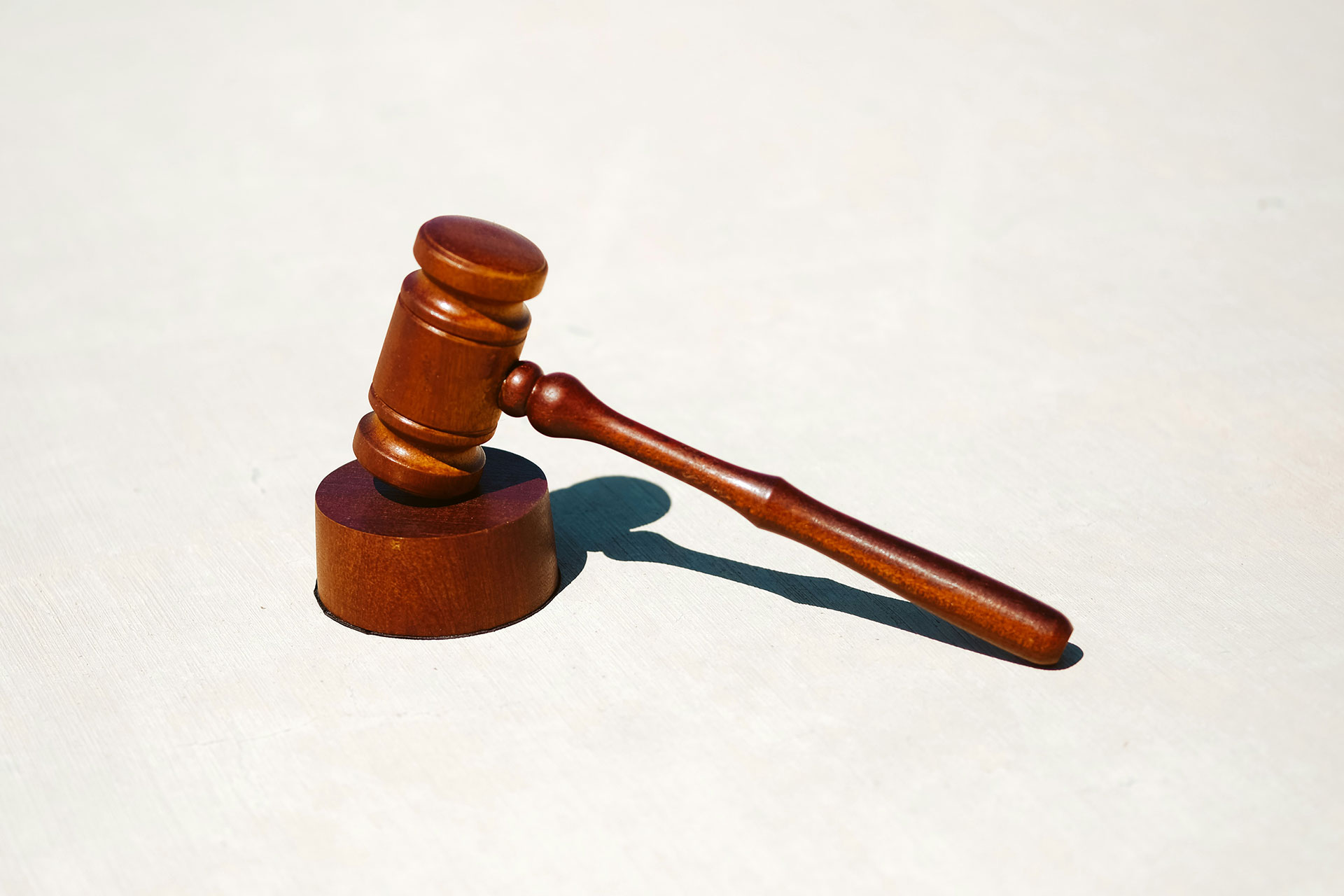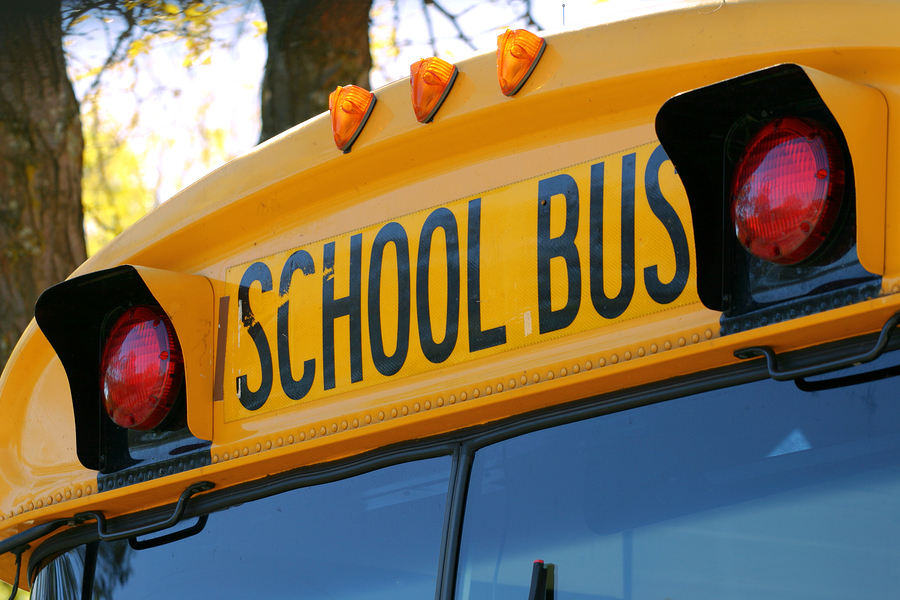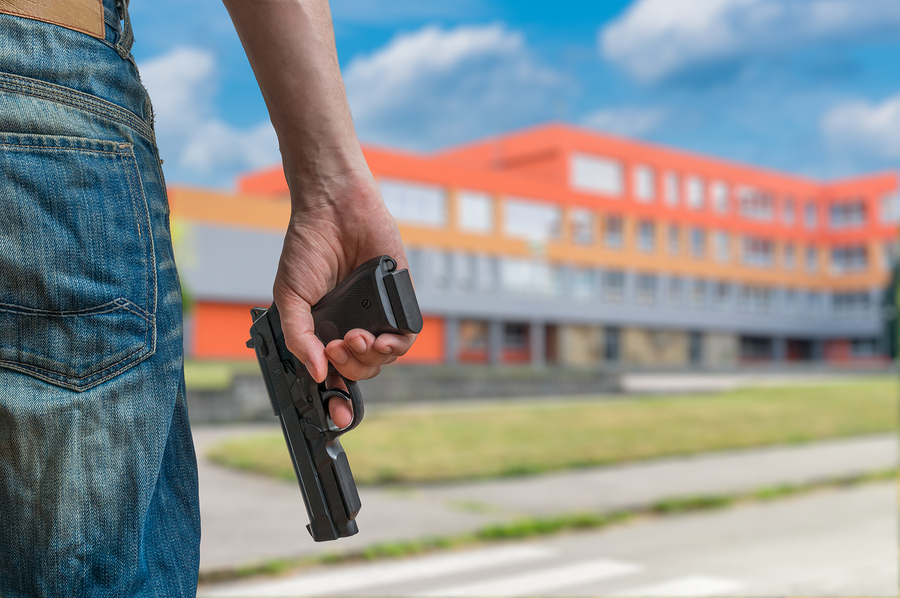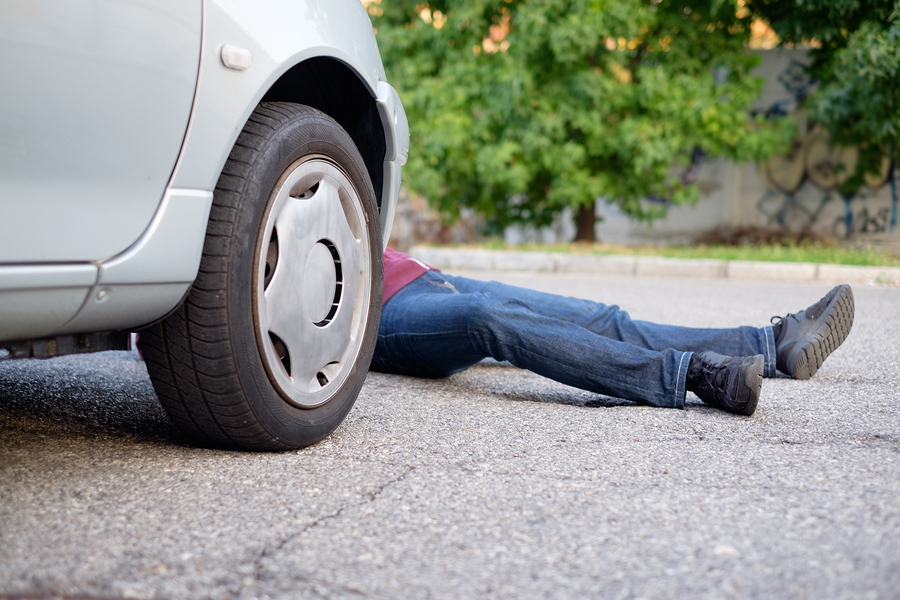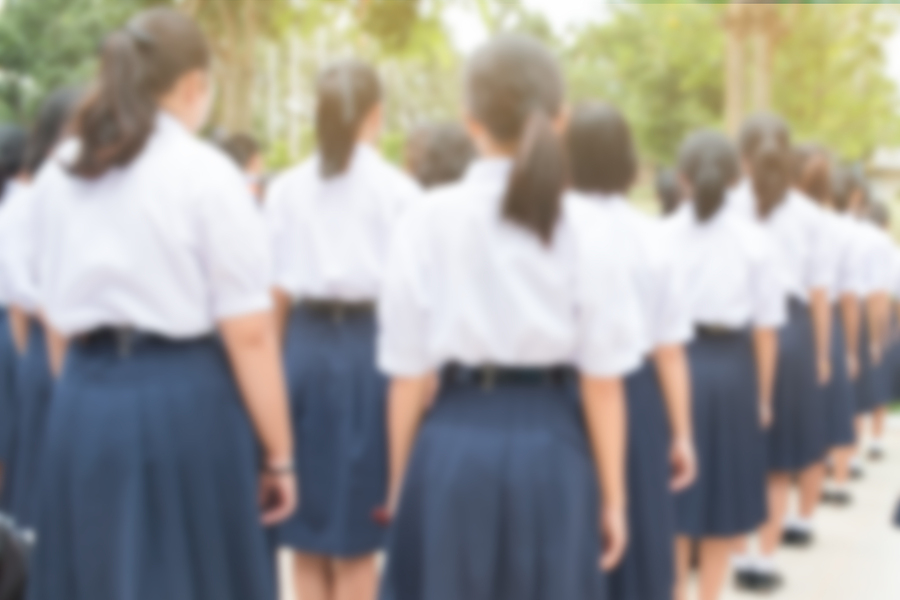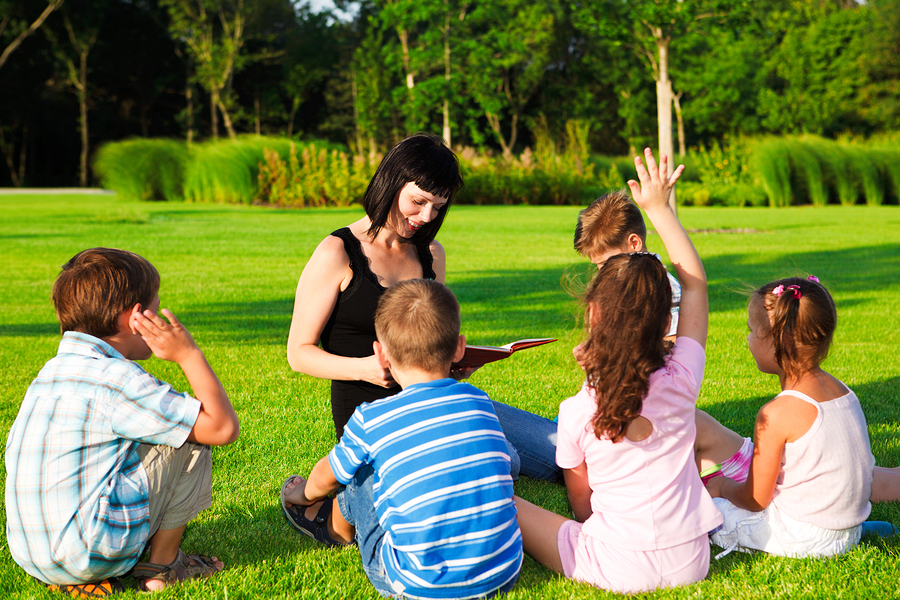Transportation Liability: Negligent Hiring and Supervision of School Bus Drivers
Statistically, it’s safer to transport children to and from school by school bus than by car, according to the National Highway Traffic Safety Association. But accidents and other bus-related incidents that result in student injury and negligence are frequently causes for litigation and claims regarding negligent hiring of school bus...



